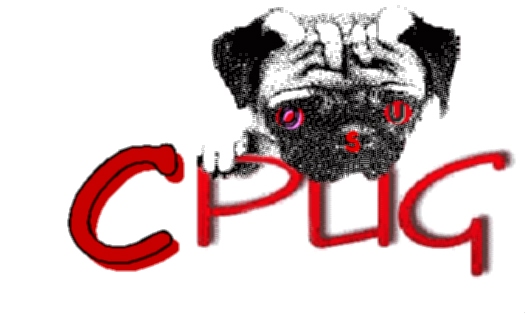 Physics/Math/CS
265
Physics/Math/CS
265Introductory Scientific Computing
 Physics/Math/CS
265
Physics/Math/CS
265(this page: www.physics.oregonstate.edu/~rubin/COURSES/ph265)
| Professor | Rubin H Landau | Contact (welcome): | rubin@physics.oregonstate.edu |
| Weniger 499 | 541-737-1693 |
| Teaching Assistant: | Robyn Wangberg | robynw@physics.oregonstate.edu | |
| Lectures | Mondays 1400 (2-2:50 pm) | Weniger 149A | Sample Midterm, Sample Final |
| Lab/Lecture | Wednesday & Friday | 14:00-14:50 (15:30 opt) | Weniger 412 (CPUG Lab) |
| Exams [Wngr 149A (same as lec)] | Midterm 1, Mon 20 October | Midterm 2, Fri 21 November | Final: Th 11 Dec 9:30 (Wngr 149A) |
|
"First Course in Sci
Computing" |
Physics Computing ReadMe | Syllabus (HW) | |
| Physics Computing Help | Review Sheet |
Useful Links
Partial support for the development of this course is provided by the
National Science Foundation and its National Partnership for Advanced
Computational Infrastructure (NPACI), and
NACSE.